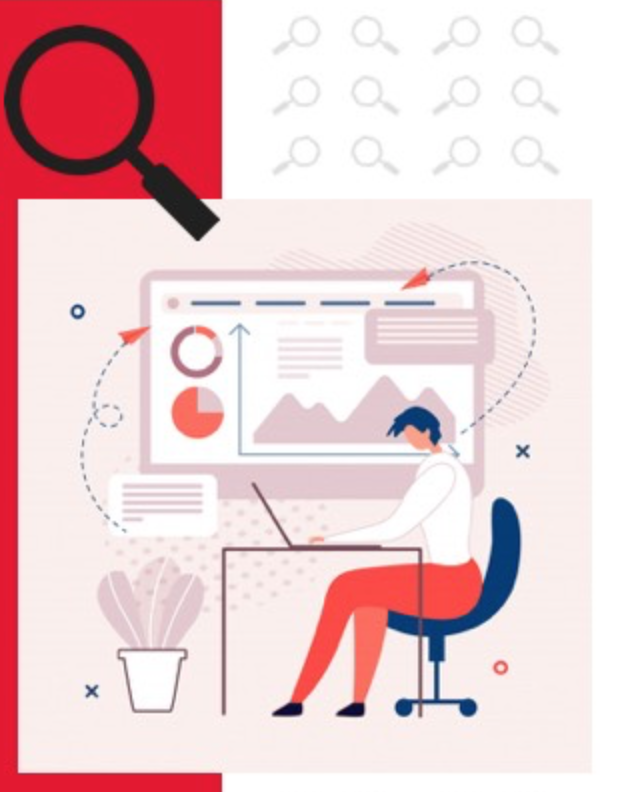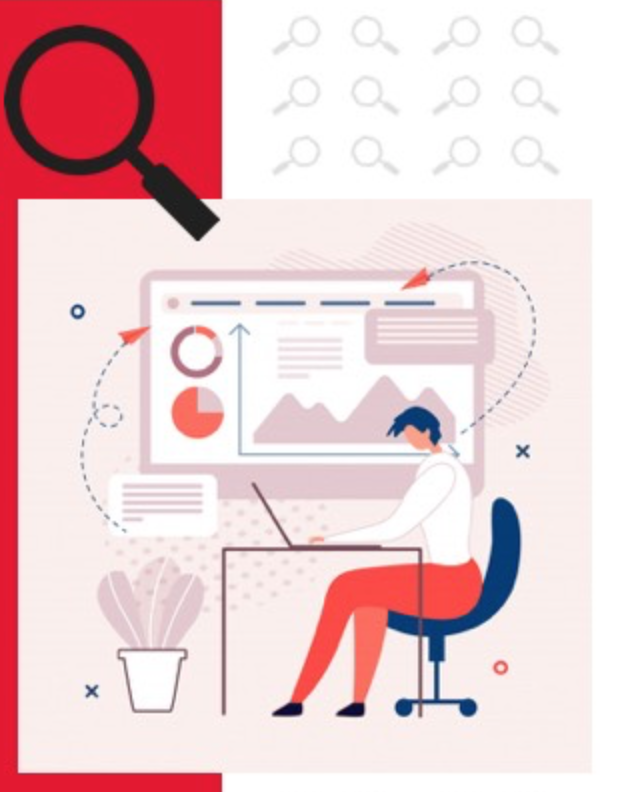;)
Job Seekers: Do Your Research Before the Application or the Interview!
| August 13, 2019| InterviewsAre you a job seeker ready to send out applications? Do you have a job interview coming up?
One of the best ways to be a top job candidate, make a great impression and determine your own interest in the role and the company is to do as much research about the potential employer and the job as you can. Specifically, being prepared and knowledgeable during an interview is a major way to distinguish yourself from the other candidates. You’ll be armed with great ideas, great questions and other discussion points that show you’re really interested. Your conversation will likely be more productive, deeper and meaningful than if you went in cold.

Below are key things you should research before you apply to a job, and certainly before you go on that interview:
- Know The Company. By having a good understanding of what the company actually does you’ll know if it’s the kind of business you’re suited for and would like to work for. What does the company do? Do they offer services, manufacture goods or both? What is its mission and purpose? Who are its clients, customers and industries? The more you know about a company you’re interested in, the more intelligent your conversation will be about their business. You’ll be able to share relevant ideas and insights that show how you understand and can help support the organization. Look for case studies, fact sheets, thought leadership pieces and other materials on the company’s website, which will help tell the company’s story.
- Match Yourself to the Job: When evaluating a job, it’s important to understand the required skills—and if you have what the company is looking for. Ask yourself, “Can I do this job?” or “Do I want to do this job?” Sometimes the job description will clearly state desired skills and other requirements you’ll need, so that you’ll know right away if it’s for you. But other times you’ll need to figure them out by looking beyond the job description and checking out the company’s career page and other materials to get a sense of the kind of people they’re looking for. Once you have a good understanding of the role and requirements, plot all of your skills to make sure you’re qualified. If possible, be prepared to discuss specific examples of your skills in action from previous jobs. Have a list of transferrable skills to reference if you don’t exactly match the job description. Be honest about your strengths and weaknesses before you go too far in the process, and don’t be afraid to ask specific questions during the interview if you’re unclear about the position.
- Research the Company’s Culture. You may love what your prospective employer does, but how well do you know the culture of the company? What are their values? How do they treat their employees? Cultural fit is just as important as the job itself, for both the job seeker and the employer. Companies want to know that you can succeed with the work, but ideally want to hire people who will mesh well with other employees and enhance the workplace. Check out the company’s social media feeds to get a sense about their culture and personality.
- Read the News. While many company websites contain marketing materials, press releases and other information, for deeper insight, try researching news and information online and in print media channels. You’ll find major announcements, product launches, management changes, events and more. Become familiar with the company’s business practices, its successes and failures, key transactions and other vital information that can only be found in various news reports. All of this will help you form a more complete impression of a prospective employer and become even more prepared to write a cover letter or make a good impression during your interview.
- Know the Key People. It may sound obvious, but you’re not just meeting with a company—you’re meeting with people at that company. And just as it’s important to research your prospective employer, it’s equally important to know the key people at that employer, such as the CEO/president, owner, management and department heads. Not to mention the people you’d be interviewing and working with, as well as your boss. Maybe you’ll discover something in common, which you can reference. Perhaps you can bring up something that person did or said, which had an impact on you. Show the people you’re meeting with that you’ve done your homework and share common ground, experiences and ideas. And just like chemistry with a company’s culture is important, being able to work with the people on your team and to whom you’ll report is critical for success. You can research individuals on the company website, in the news, on LinkedIn and Twitter and through networks you may have.
Our advice? Spend the time researching and preparing for the application and interview process. You’ll have a much more productive and successful experience and you’ll set yourself apart from other candidates, by showing interest and how you’ll bring value.
